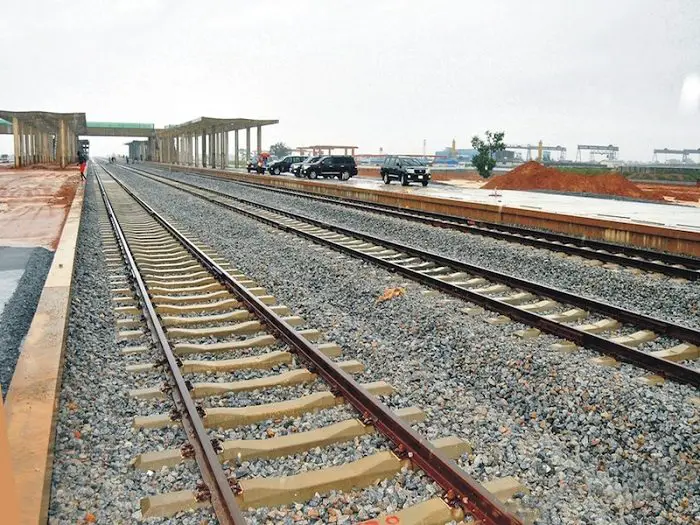The government of Uganda has announced plans to invest US $205m in restoring an old railway line linking Kampala to Malaba on the Kenyan border following delays in securing funding for the standard gauge railway.
Stanley Sendegeya, Uganda Railways Corporation’s chief financial officer confirmed the reports and said the upgraded meter gauge railway line is expected to boost monthly freight capacity to 120,000 metric tonnes from the current 20,000 tonnes by 2026.
Also Read:Construction of US $3.9bn monorail system in Egypt to commence
Standard Gauge railway
Six years ago, Kenya and Rwanda agreed to build a standard gauge railway that connects East Africa’s land locked nations to the Kenyan port of Mombasa and it’s not clear whether Uganda will support and be part of this plan.
The SGR opened to passengers in May 2017, and to freight in January 2018 but the project has in recent months faced major financing challenges after the Chinese Exim-Bank, its major benefactor, delayed financing of the third and last segment of the Kenyan section from Naivasha in the heart of the Rift Valley to Malaba on the border with Uganda.
Similarly, Uganda has also experienced delays to the funding of the US $2.3bn Kampala-Malaba segment of the standard-gauge railway that the Export-Import Bank of China was expected to foot 85% of the budget.
The Kampala section of the SGR project was to be built simultaneously with the third phase of the Kenyan section. Project viability Uganda’s latest decision to revamp its old meter gauge railway came amid reports that Kenya revised downwards its reported earnings from the SGR between Mombasa and Nairobi.
The latest figures raised concern over the profitability of the project, and the country’s ability to repay the US $3.2bn it borrowed from China to build the railway. Data released last month by the Kenya National Bureau of Statistics showed that in its full year of operations in 2018, the SGR generated sales of US $57m, far below the annual operating cost of US $120m. The shortfall in revenue prompted an increase in freight charges and doubling the price of fares for children.
“We keep turning down customers because with the little money from government, amounting to US $2m annually, we can’t handle much business,” said Stanley Sendegeya.
